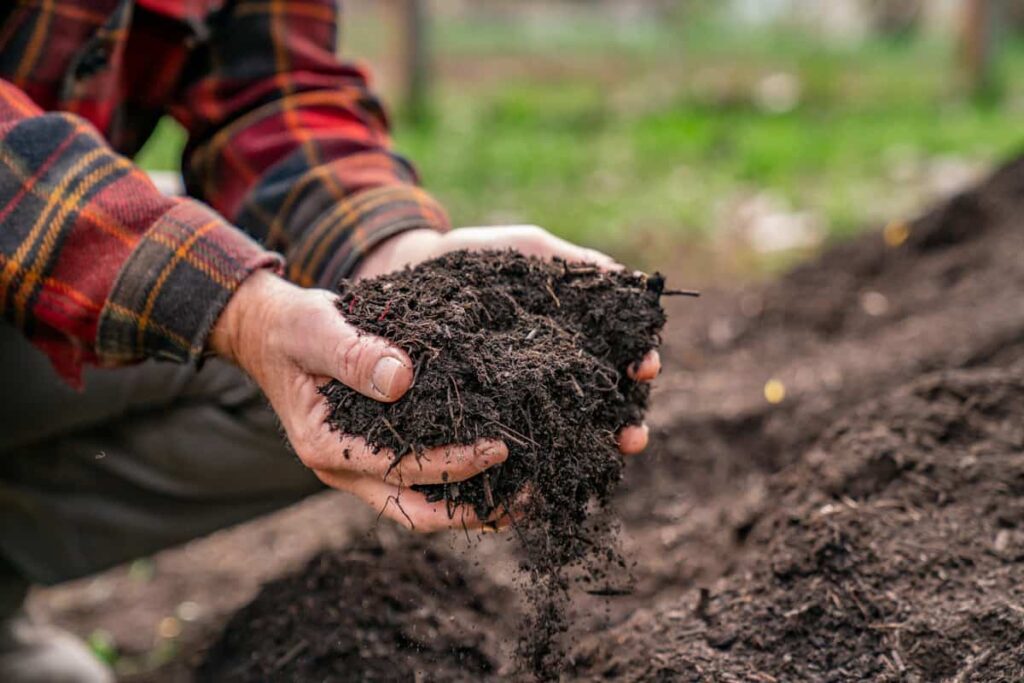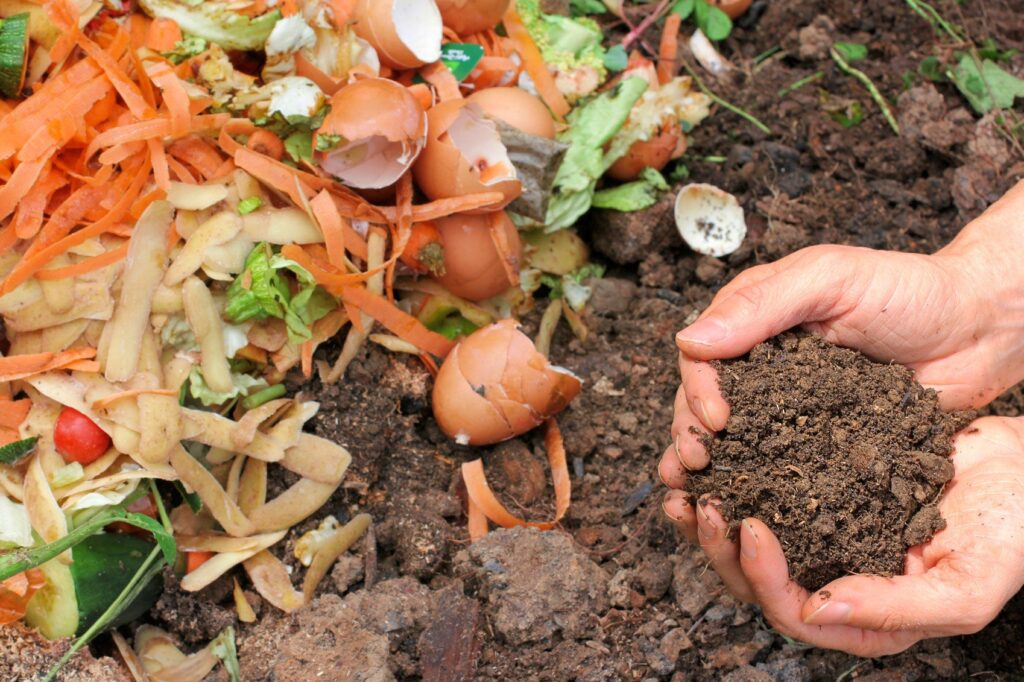Composting at home reduces waste, enriches soil, cuts greenhouse gases, and saves money. Start your own compost bin easily today. Composting is a simple, eco-friendly process that transforms your kitchen and yard waste into nutrient-rich soil. By starting a compost bin at home, you can reduce your waste, enhance your garden, and contribute positively to the environment. Here’s a comprehensive guide to understanding the benefits of composting and steps to start your own compost bin.
Benefits of Composting
- Reduces Waste:
- Composting diverts a significant portion of household waste away from landfills. Organic waste makes up about 30% of what we throw away, which can be composted instead.
- Enriches Soil:
- The compost created is a rich soil conditioner that adds vital nutrients to your garden, improving soil structure, moisture retention, and root health.
- Reduces Greenhouse Gases:
- Decomposing organic matter in landfills generates methane, a potent greenhouse gas. Composting mitigates this by allowing organic material to decompose aerobically.
- Promotes Beneficial Microorganisms:
- Composting fosters a habitat for beneficial bacteria and fungi, which help break down organic matter and contribute to soil health.
- Saves Money:
- By using compost, you reduce the need for chemical fertilizers and other soil amendments, saving money on gardening supplies.

How to Start Your Own Compost Bin
- Choose a Compost Bin:
- Types of Bins: There are various types of compost bins, including stationary bins, tumblers, and homemade containers. Choose one based on your space, budget, and preference.
- Location: Place your bin in a convenient, well-drained spot with partial sunlight.
- What to Compost:
- Greens (Nitrogen-rich materials): Include fruit scraps, vegetable peelings, coffee grounds, grass clippings, and eggshells.
- Browns (Carbon-rich materials): Include leaves, straw, paper, cardboard, and wood chips.
- Avoid: Meat, dairy products, oily foods, and pet waste as they can attract pests and cause odors.
- Layering and Maintenance:
- Start with a Layer of Browns: Begin with a layer of coarse materials like twigs to help with aeration.
- Alternate Layers: Add greens and browns in alternating layers to balance nitrogen and carbon.
- Moisture and Aeration: Keep your compost moist but not waterlogged. Turn the pile regularly to aerate and speed up decomposition.
- Managing Your Compost:
- Turning: Use a pitchfork or compost turner to mix the pile every few weeks. This helps to oxygenate and break down the materials.
- Monitoring: Check the moisture level and add water if it feels dry. If it’s too wet, add more browns.
- Harvesting Compost:
- Timeframe: Compost can take anywhere from a few months to a year to mature, depending on conditions and materials.
- Ready-to-use: Finished compost will be dark, crumbly, and have an earthy smell. Use it in your garden beds, as a potting mix, or as a lawn top-dressing.

Tips for Successful Composting
- Chop Materials: Cutting larger items into smaller pieces speeds up the decomposition process.
- Balance Greens and Browns: Aim for a balance of roughly 50-50 between green and brown materials.
- Patience: Composting is a gradual process. Be patient and give your compost time to develop.
Conclusion
Starting a compost bin at home is a rewarding step towards sustainable living. By recycling your organic waste into compost, you can create a positive environmental impact while enhancing your garden’s health. With a bit of effort and consistency, you’ll turn kitchen scraps and yard waste into “black gold” for your garden. Happy composting!

